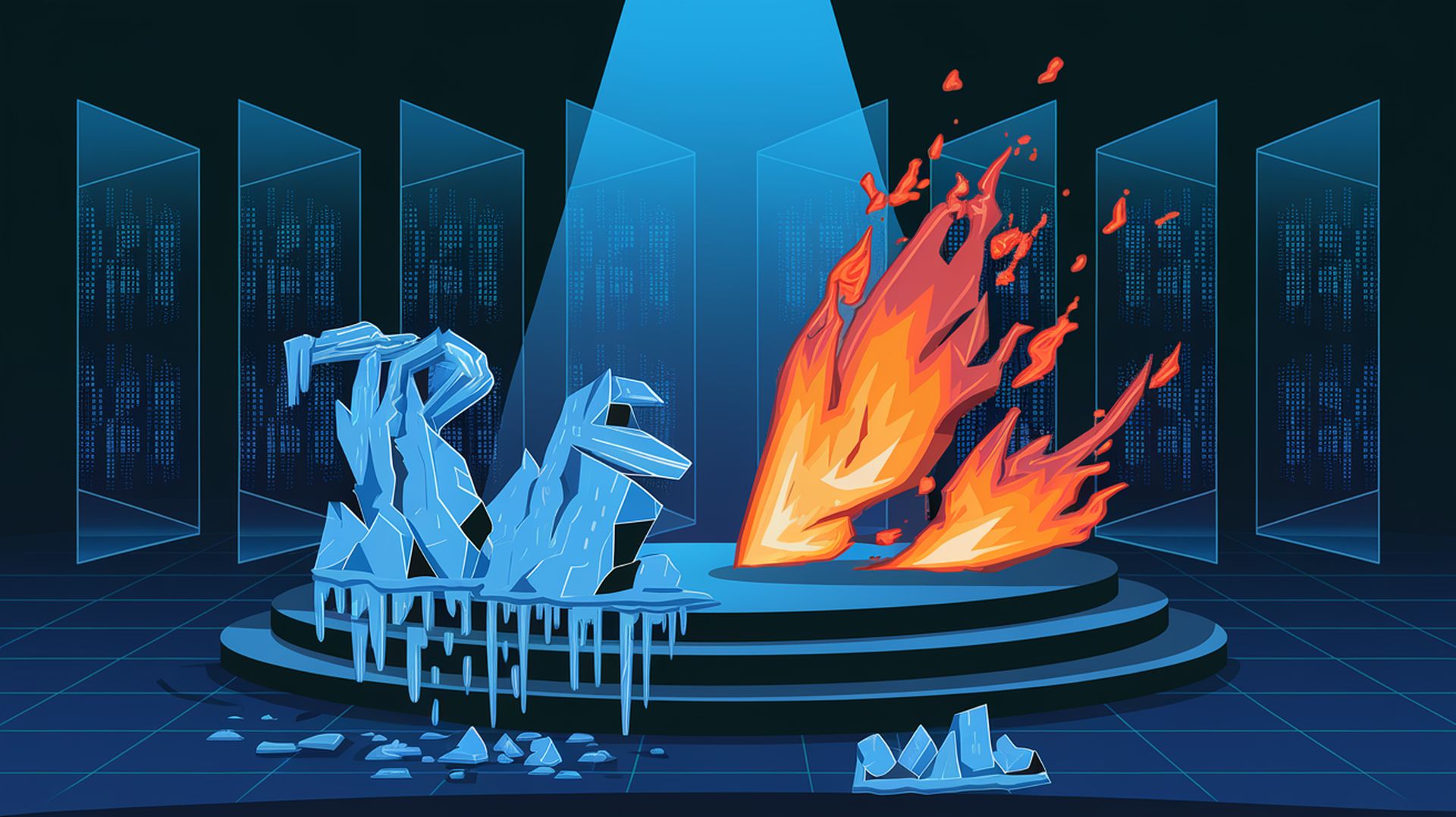Renowned AI startup OpenAI, backed by Microsoft, is going through an important evolution. In a remarkable moment, the company’s chief research officer, Bob McGrew, and research VP, Barret Zoph, announced their resignations just after Mira Murati, OpenAI’s Chief Technology Officer (CTO), made her exit public. This abrupt shift in leadership is happening as OpenAI deals with major corporate restructuring alongside a $6.5 billion funding round that could change its future.
OpenAI CEO Sam Altman confirmed this string of notable resignations in a post on X, formerly called Twitter. In his note, Altman detailed that the executives chose to depart independently, and their exits were completely unassociated with one another. Still, the scheduling was organized to facilitate a smooth changeover for the next set of leaders at OpenAI.

The fast dismissal of OpenAI’s leadership
The key part of this story is the surprising number of senior executives who have parted ways briefly. Chief research officer Bob McGrew joined OpenAI in 2017 and has a legacy leading many of the company’s cutting-edge AI innovations. In the interim, Barret Zoph, the lead for OpenAI’s post-training team starting in 2022, and Mira Murati, the public image of OpenAI’s technology group, are venturing off to seek different prospects.
I shared the following note with the OpenAI team today. pic.twitter.com/nsZ4khI06P
— Mira Murati (@miramurati) September 25, 2024
In laying out his leadership transition plan, Altman has tapped important leaders, including Mark Chen, the new senior vice president of research, and Jakub Pachocki, the chief scientist. OpenAI is pushing ahead with AI innovation, as these people are at the helm of its research division. In addition, Altman will direct more of his time to OpenAI’s technical and product divisions, highlighting the vital need for effective leadership during these exits.
A complicated transition as growth happens
The rapid growth of OpenAI has resulted in recent valuations that hit $150 billion. Altman pointed out the expense, describing the business’s leadership positions as “all-consuming.” He openly declared that accepting natural leadership changes in any organization was no reason to ignore that sudden departures, especially during ongoing restructuring, would likely grab attention.

Altman, in any case, promised staff and those watching that the company is still under capable leadership. Leading leadership team members, including Chief Product Officer Kevin Weil and VP of Engineering Srinivas Narayanan, will maintain their leadership role in directing OpenAI’s applied tech division, which works to make OpenAI’s advanced technologies accessible to businesses and individuals.
Is OpenAI looking into a structural modification?
A leadership re-organization is part of a larger context. Some reports show that OpenAI is changing its organizational form, converting from a nonprofit now under governance to a future for-profit organization. This transformation has certainly generated some discussions. Rumors concerning disputes and differences among senior leadership have been appearing, leading several to hypothesize whether this current transition contributed to the recent resignations.
Murati’s resignation, in particular, has been regarded as a key turning point. The longtime CTO had worked at OpenAI for over six years and was a critical player in launching revolutionary technologies like GPT-4. Her exit also raises concerns about the company’s path and whether a move toward greater profitability is causing disunity within its ranks.
i just posted this note to openai:
Hi All–
Mira has been instrumental to OpenAI’s progress and growth the last 6.5 years; she has been a hugely significant factor in our development from an unknown research lab to an important company.
When Mira informed me this morning that…
— Sam Altman (@sama) September 26, 2024
As OpenAI delves into its enormous $6.5 billion funding round, the importance of the company’s ability to preserve stability in its leadership may be key. Changes still occurring have started dialogues about how the company will steer through these tough times. In his post on X, Sam Altman downplayed the impact of these exits, but he also acknowledged the extraordinary nature of OpenAI’s journey, stating that OpenAI isn’t a “normal company.”

Regarding the executives who parted ways, McGrew, Murati, and Zoph have openly shown kindness for the future of OpenAI. During crucial product launches, Murati regularly shared the stage with Altman and explained her wish to take a break while the company was experiencing growth. She saw no optimal time to depart but sensed the moments were right for her. Zoph echoed similar sentiments, explaining that exploring new opportunities was a “natural point” in his career. McGrew, too, reflected on his eight-year tenure at OpenAI, calling it a “humbling and awe-inspiring journey.”
A broader trend in tech?
The most recent leadership alterations at OpenAI indicate a larger trend in the tech sector, where burnout and personal changes commonly lead to prominent resignations. This is notably true in briskly progressing, high-demand arenas such as AI development, where the risks and pressure are dire. OpenAI’s incredible ascent and the scrutiny it faces led to the unsurprising tendency of top executives to consider a change after years of tireless labor.
Three of OpenAI’s original 13 founders are still part of the company, which shows how much the environment has changed since its formation in 2015.
Image credits: Furkan Demirkaya/Ideogram





